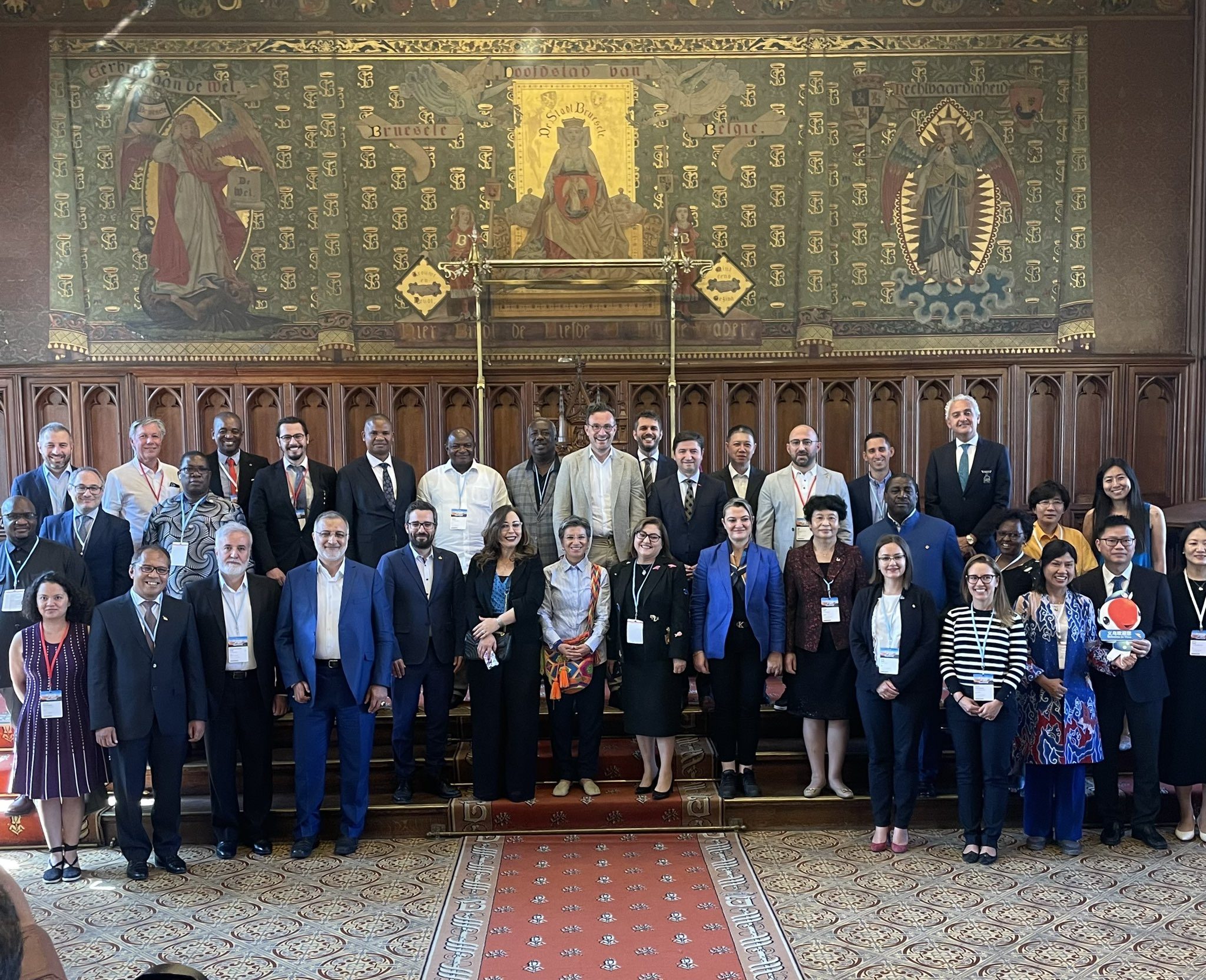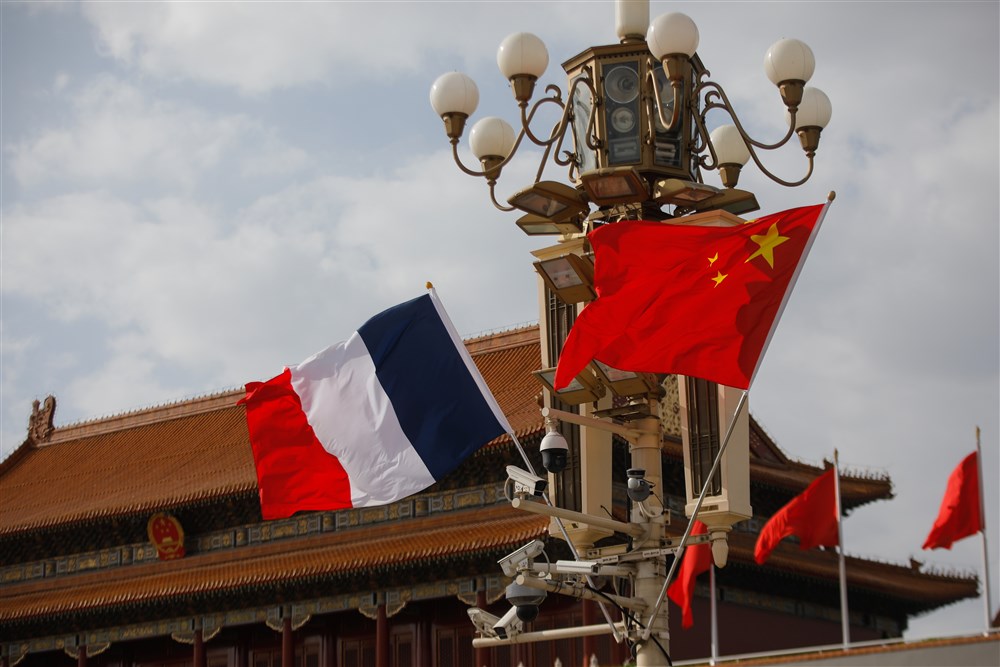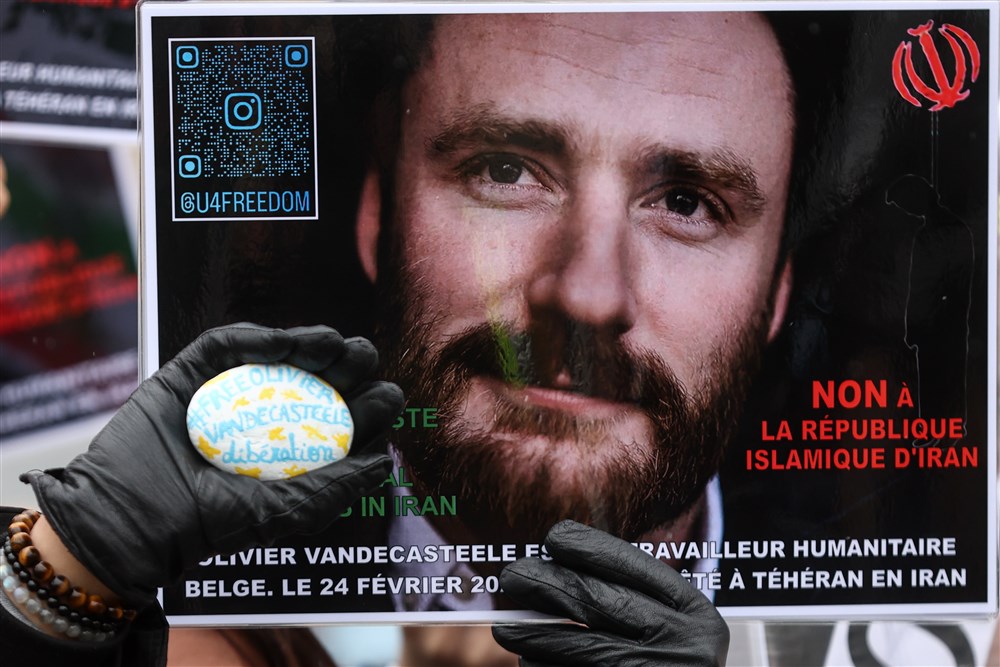Iran has joined the Shanghai Cooperation Organisation (SCO) as a full member, indicating improving ties with China and Russia, potentially ending its global isolation.
The SCO is a regional inter-governmental organisation established in 1996 with the aim of promoting mutual trust and “good-neighbourly co-operation” among its member states on a range of economic and security-related issues. Prior to Iran coming fully onboard, its members were China, India, Russia, Pakistan, Kazakhstan, Kyrgyzstan, Tajikistan and Uzbekistan.
The addition of Iran to the group comes despite ongoing instability in the country, where the ruling Islamic Republic regime habitually resorts to violence to quell public protests.
Indian Prime Minister Narendra Modi, current chair of the SCO, made the announcement of Iran’s ascension at an online summit of the organisation on July 4. At the meeting, Modi highlighted his own country’s efforts to strengthen cooperation among members across many areas.
“New countries joining the group underlines the importance of the group,” Modi said. Alongside welcoming Iran, other items on the summit agenda included regional security, economy, food security, climate change and Afghanistan.
Iran has been an “observing member” of the SCO since 2005. The country is forming a significant military partnership with Russia, aiming to acquire air defence capabilities. The Islamic Republic provided a large number of the drones Russia uses to attack Ukraine.
In March, Iran also signed a Chinese-brokered deal with Saudi Arabia to restore relations with the Arabian powerhouse.
Becoming a full member of the SCO marks the first time Iran has joined a major regional pact since the 1979 revolution that brought the establishment of the Islamic Republic ruling regime there.
In his address to the SCO summit, Iranian President Ebrahim Raeisi claimed cooperation among member states regarding economies could “open a clear vision of a just regional order” in the eyes of world nations.
Conversely, he pleaded for wider de-dollarisation, in other words, reduced reliance on the US currency regarding global trade, dubbing it a pivotal necessity to form a just international system.
He stressed the importance of promoting civilisation in what he called “this ancient continent”, apparently referring to the Middle East and Asia, based on ethics, spirituality, justice, rationality and respect for human dignity.
“The Shanghai Cooperation Organisation, which is a symbol of this ‘great family of civilisations’, is now standing in a position that can establish new horizons of regional convergence and security-building cooperation,” Raeisi stated.
Pointing to what he described as the desecration of the central Islamic religious text, the Quran, in some European countries, most recently Sweden, he emphasised the need to respect the “values and sanctities of … nations” as a “unifying principle”.
The Iranian president said the alleged abuse of the Quran caused hatred and spread insecurity, which should be dealt with by displaying unity among civilised nations.
Congratulations to #Iran for officially becoming a full member of the Shanghai Cooperation Organization.#StandWithIran?? pic.twitter.com/LVn25tMslT
— FriendOfRussia (@NoMoreNATO) July 4, 2023
Others attending the SCO meeting were Chinese President Xi Jinping and Russian President Vladimir Putin. It was the first time Putin had appeared at an international conference since the Wagner mutiny of Moscow-backed mercenaries.
“Russia is confidently resisting and will continue to resist external pressure, sanctions and provocations,” Putin said, adding his thanks to the other SCO nations for their support during the Wagner uprising.
Belarus, another important ally of Russia, has also requested SCO membership.
China and Russia have seemingly strengthened their economic cooperation and diplomatic ties since Moscow invaded Ukraine. Now, President Xi has “called for efforts to safeguard regional peace and ensure common security” and appealed for enhanced solidarity.
“We must be highly vigilant against external forces fomenting a ‘new Cold War’ and creating confrontation in the region, and resolutely oppose any country interfering in internal affairs and staging a ‘colour revolution’ for any reason,” Xi said, apparently in reference to previous domestic uprisings, allegedly encouraged by the West.
The SCO chairmanship for India is a difficult balancing act, given it has to remain friendly with Russia, while working together with Western countries as a member of the Quad, a strategic security alliance with Australia, Japan and the US. At the same time, Modi is also working on regional security with China.
However, India says it does not see the SCO as an anti-Western institution. Indeed, just recently, Modi made a high-profile diplomatic visit to the US.
Regarding the SCO, he said that security, economic development, connectivity, unity, respect for sovereignty and territorial integrity plus environmental protection were central pillars of India’s vision for the group.
President Putin congratulates Iran for becoming a permanent member of the SCO (Shanghai Cooperation Organisation) https://t.co/bgK6LelgLY
— Hassan Mafi (@thatdayin1992) July 4, 2023




